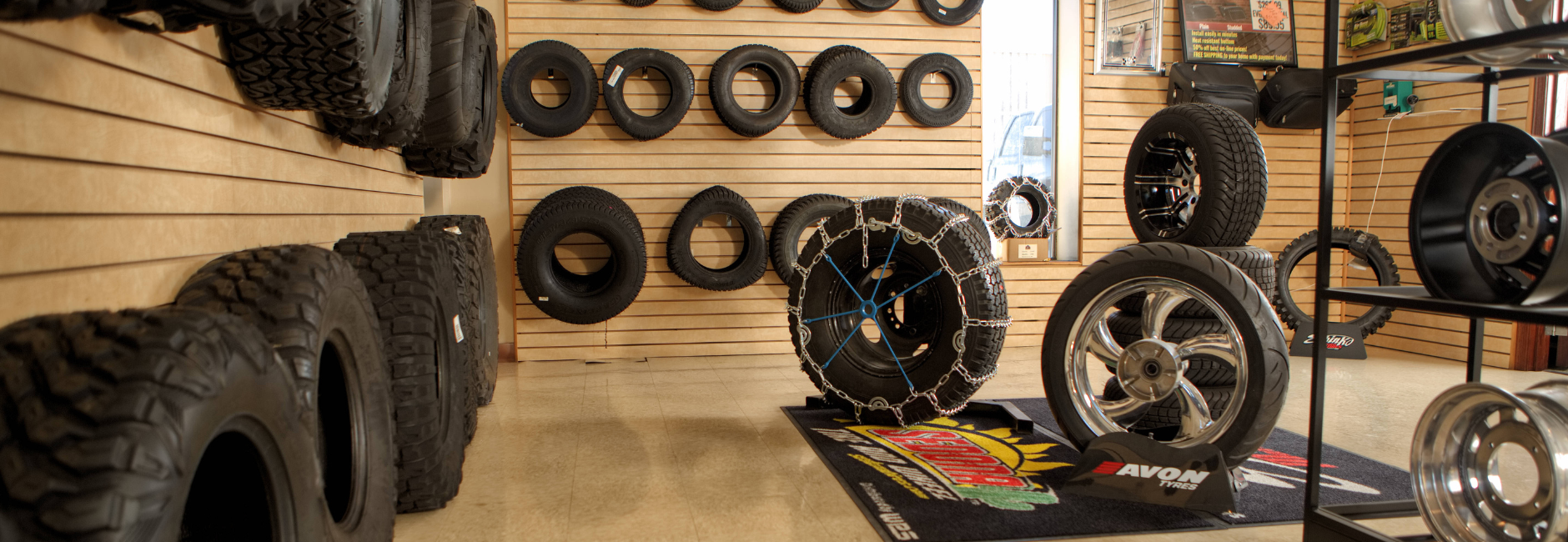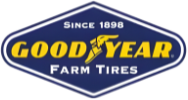Your cart is currently empty!
Products for every need
Shop Our Collections
Cutting Edge
Lawn and Garden Tires
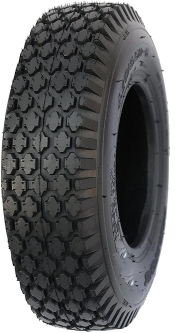
Hard-to-find
Specialty Tires
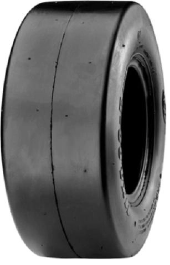
Clean and Simple
Non-Marking Tires
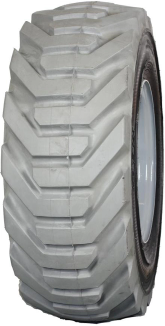
Tackle The Outdoors
ATV/UTV Tires
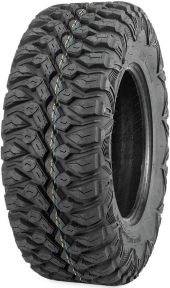
Built To Last
Industrial / Agriculture Tires
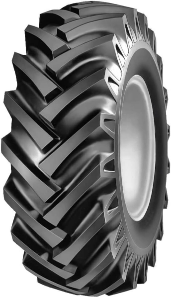
Rev Worthy
Motorcycle Tires
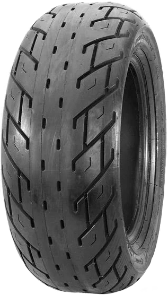
Precious Cargo
Trailer Tires
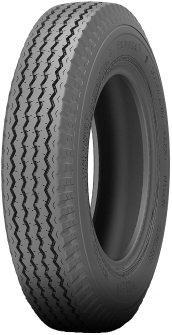
A Perfect Drive
Golf Cart Tires
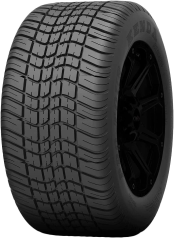
Secure and Durable
Tire Chains
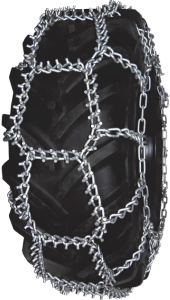
An Ideal Pair
Parts & Accessories
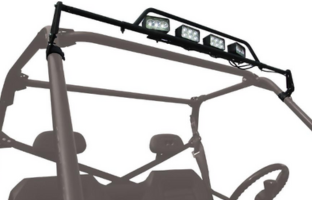
Iowa’s Largest Provider of Specialty Tires Since 1992

Located in Marion, Iowa, our team has decades of experience, and we welcome walk-in customers. Stop in to see our showroom, chat with our sales team, and order what you need. Not in Iowa? We ship nationally, and fast too!
About Us
Exclusive Benefits
Become A Dealer
Our dealers receive exclusive benefits and receive their products faster by ordering directly. Our team is here to help new and existing dealers find the products they need.
Premier Retailers









